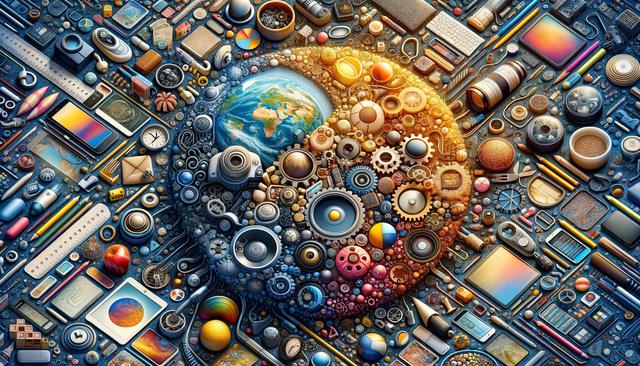
The Impact of AI and Automation on Job Markets
As technology continues to evolve at a rapid pace, the landscape of the job market is undergoing a significant transformation. Automation and artificial intelligence (AI) are at the forefront of this change, reshaping industries and redefining roles across the globe.
The Rise of AI and Automation
AI and automation are not just buzzwords; they are powerful forces driving innovation and efficiency. According to a report by the McKinsey Global Institute, approximately 30% of tasks in 60% of occupations could be automated. This shift is prompting businesses to rethink their strategies, particularly in industries such as manufacturing, logistics, and customer service.
Expert Opinions
Dr. Andrew Ng, a renowned AI expert, asserts, “AI is the new electricity. Just as electricity transformed industries 100 years ago, AI will now do the same.” His perspective highlights the inevitability of AI integration in multiple sectors.
Statistics and Research Findings
A study from the World Economic Forum suggests that while automation may displace 85 million jobs by 2025, it is also expected to create 97 million new roles. This indicates a net positive impact on job creation, albeit with a shift in required skills.
Personal Anecdotes and Examples
Consider the case of Emily, a marketing professional who embraced AI tools. By leveraging AI analytics, she streamlined her campaign strategies, leading to a 20% increase in engagement rates. Her story exemplifies how adapting to new technologies can enhance job performance.
Actionable Tips
- Stay Informed: Regularly update your knowledge on AI trends through reputable sources.
- Upskill: Enroll in online courses focusing on AI and automation to enhance your skill set.
- Network: Join professional groups to engage with peers and learn from their experiences.
Impact on Different Sectors
| Sector | Impact |
|---|---|
| Manufacturing | Increased efficiency through robotic automation. |
| Healthcare | AI aids in diagnostics and personalized medicine. |
| Finance | Automated trading and fraud detection. |
| Retail | Enhanced customer experiences via chatbots. |
| Education | Personalized learning experiences through AI tools. |
| Logistics | Optimized supply chain operations. |
| Marketing | Data-driven insights for targeted campaigns. |
| Transportation | Autonomous vehicles and improved route planning. |
Challenges and Considerations
While AI and automation offer numerous benefits, they also pose challenges. Concerns about job displacement and the need for reskilling are prevalent. It’s crucial for policymakers to create frameworks that support workforce transitions.
FAQ
Will AI completely replace human jobs?
AI is likely to augment human roles rather than replace them entirely, creating opportunities for new job categories.
How can workers prepare for this shift?
By upskilling and reskilling in areas where AI and automation are prevalent, workers can better adapt to the changing job market.
What industries will be least affected by automation?
Industries that require a high degree of human creativity and empathy, such as arts and social work, may be less impacted.
Conclusion
The impact of AI and automation on job markets is undeniable, bringing both opportunities and challenges. By embracing change and focusing on continual learning, professionals can thrive in this evolving landscape. As we move forward, the key lies in balancing technological advancements with human skills, ensuring a future where both coexist harmoniously.


